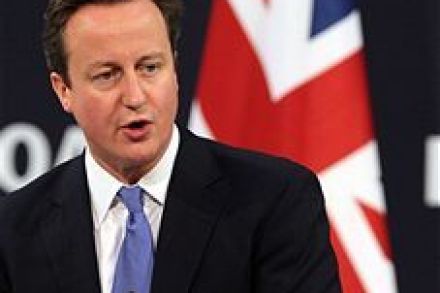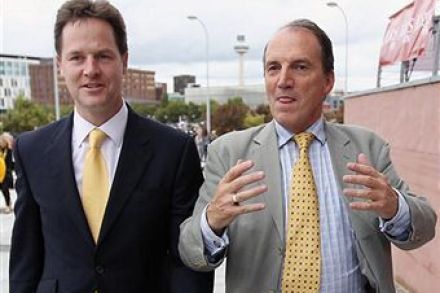A day of gaffes
You really couldn’t make this up: it wasn’t Michael Moore’s PPS who was on the World at One resigning but someone impersonating him. The actual PPS, Michael Crockart, is still trying to make up his mind. I suggest that he doesn’t try and call in to a radio show to announce his decision. (Who would have thought we have lived to see the day when Lib Dem PPSs have impersonators?) One has to feel sorry for Radio 4 today. It had the whole Jeremy Hunt business this morning on the Today Programme and Start the Week, and now it’s other flagship news programme has been very publicly duped.

















